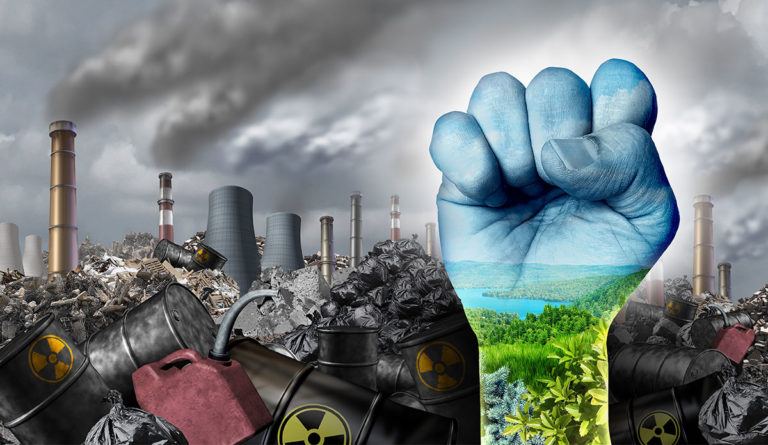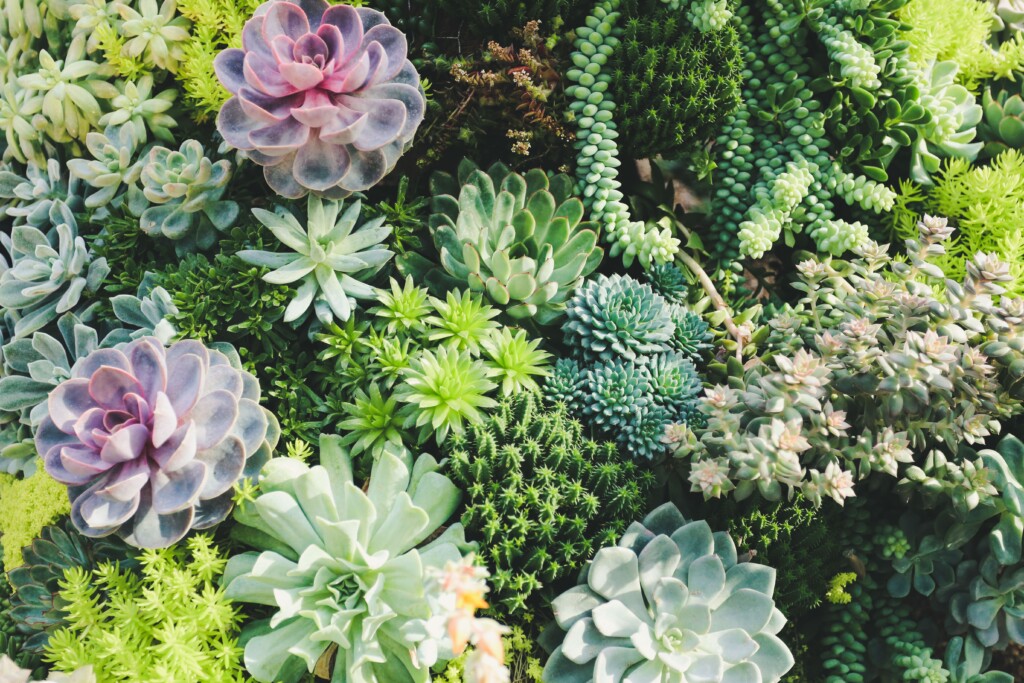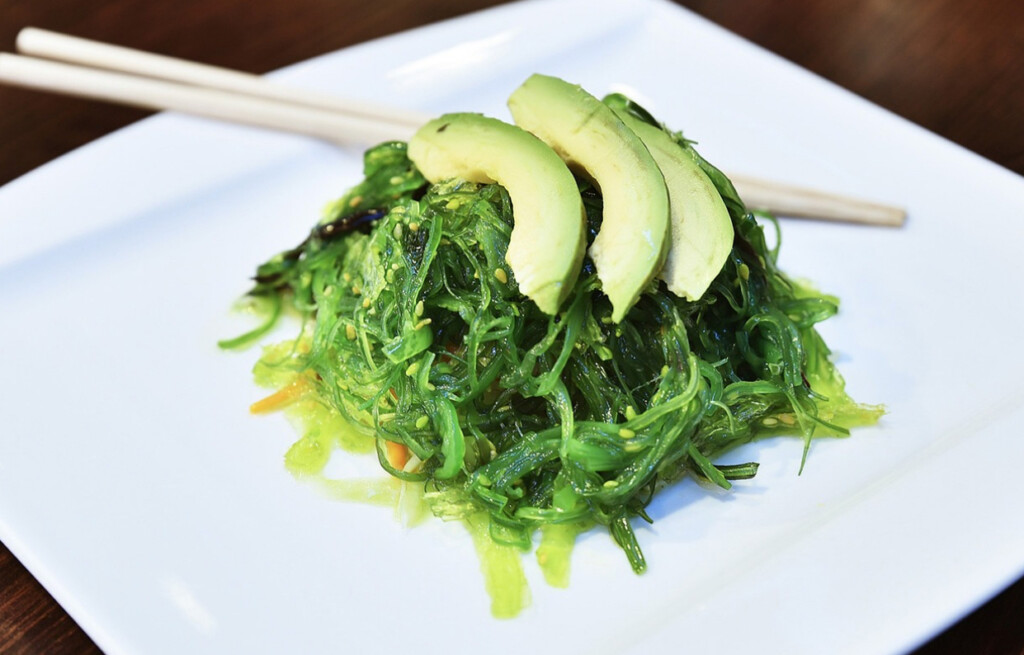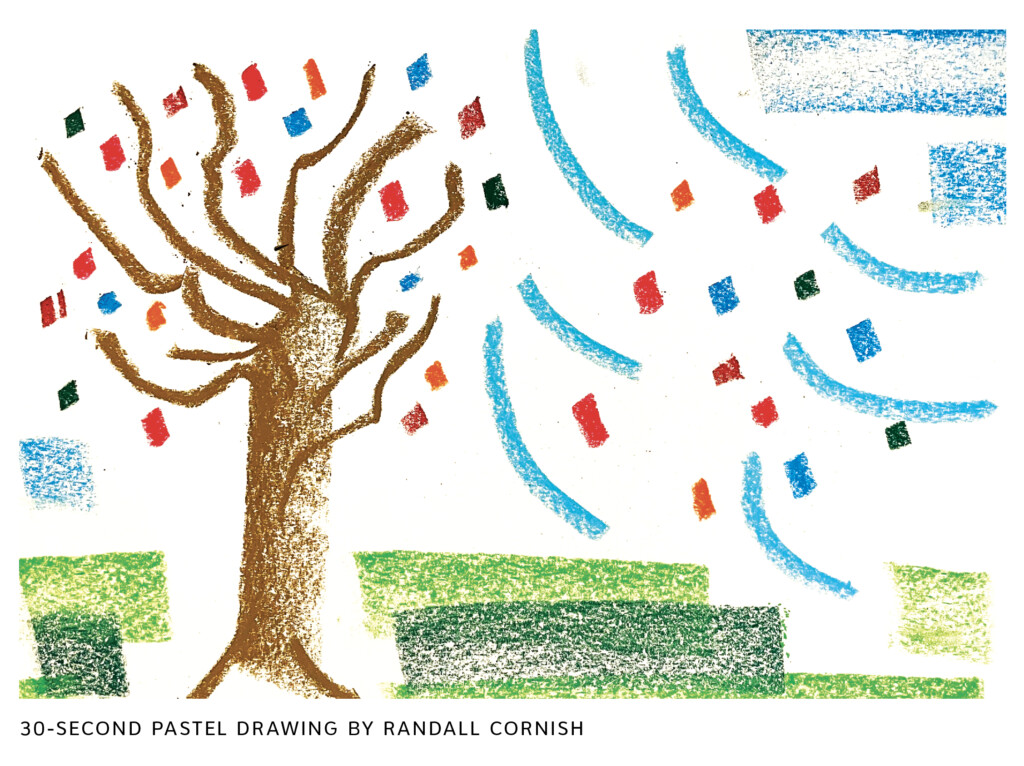Environmental Justice in 2025: Roots Deep, Branches High

Look, nobody’s handing us a clean planet on a silver platter. From Flint’s rusty pipes to California’s charred hills, this fight’s been clawed out by people who actually live it—the ones breathing the smog, sipping the runoff, and still stubborn enough to plant something green for tomorrow.
Environmental justice isn’t some trendy hashtag. It’s the air we choke on or don’t. It’s the dirt that grows our food or gets paved over. It’s the basic idea that nobody should be stuck drowning in someone else’s mess.
For years, the people hit hardest—low-income neighborhoods, Indigenous folks, kids who just want a shot at a decent future—have been the ones hauling this load. And the odds? Stacked higher than a landfill.
The ‘70s gave us cleaner air rules. The 2000s stuck solar panels on roofs. Every inch we’ve gained came from people who didn’t sit around waiting for a gold star—they built it.
In 2025, caring about the Earth is basically flipping the bird to apathy.
The ground’s shifting—floods creep up, summers sizzle, and the clock’s ticking like a drumbeat. The feds pulled cash from renewables, and the U.S. bailed on global climate deals again. Great, right? Especially for the folks already gagging on factory fumes or watching their homes float away.
But here’s the deal: the planet doesn’t pause for red tape. Neither should we.
The Ground We Stand On
January 20, 2025: The U.S. ditched the Paris Climate Agreement. Again. By February, budget cuts gutted wind and solar funding, nudging us back to coal like it’s 1950. It stings—especially if your backyard’s a refinery’s ashtray or your street’s underwater.
But people aren’t just sitting there. In Detroit, they’re turning empty lots into gardens that actually feed folks. In New Mexico, tribal schools run on solar now. These aren’t cute photo ops—they’re proof you can grow something real, no matter what D.C. says.
Globally, it’s the same grit. Kenyan women are replanting hillsides Big Industry left for dead. Denmark’s wind turbines keep spinning, cutting carbon without a fuss. The 2025 Global Renewables Report says grassroots hustle probably added 10% more clean energy this year.
The planet’s taking hits. No sugarcoating that. But us? We’re not done.
The Hands Building Tomorrow
350.org
These folks don’t mess around. 350.org’s all about keeping carbon low—350 parts per million, if you’re counting—and they’re not waiting for a pat on the back.
In 2025, they’re pushing solar co-ops in Ohio, wind farms in Texas, community grids in Georgia. By March, they’d kicked off 50-ish projects, teaching people to slap up panels, ditch pipelines, and keep the lights on clean.
May Boeve and crew aren’t chasing headlines—they’re arming neighbors. Their “Fossil Free Future” campaign’s raised $300,000 this year to keep it rolling. You don’t need a fat wallet to beat coal—just a shovel and some guts.
Environmental Justice Foundation (EJF)
EJF cuts through the noise. They’re linking the people stuck with dirty air to the fixes that actually work.
This year, they’re probably shining a light on Louisiana’s Cancer Alley—where plants have been poisoning Black and low-income folks forever.
Through films, legal muscle, and straight-up advocacy, they’re demanding clean water like it’s not a favor.
Their “Climate Heroes” series lifts up fishers, farmers, kids—real people flipping the script. Steve Trent’s driving it home: justice isn’t a bonus. It’s the bedrock.
Sunrise Movement
Sunrise is young, loud, and not here to play nice. In 2025, they’re rallying thousands—students, workers, you name it—for a Green New Deal that starts where we stand.
“Sunrise Hubs” are sprouting in Chicago, Miami, training teens to seal up homes, plant trees, demand better.
By April, they’ve probably dragged 20,000 people out for local wins—bike lanes, urban farms, stuff that sticks. It’s urgency with a grin, showing the kids aren’t just waiting for a burned-out world—they’re remaking it.
How You Can Grow This—Right Now
You don’t need a fancy degree to see the Earth’s gasping—air’s thick, water’s dirty, and kids deserve better than hacking up smog. If you want a future where we’re not all just surviving someone else’s mess, this is it. Your chance.
It’s not about strutting around like some hero; it’s about us, regular folks, doing what we can with what we’ve got. A buck, an hour, a loud mouth—use it. Sitting still isn’t neutral—it’s letting the trash pile higher. Every step you take, small as it seems, builds something real.
Start with your wallet—change takes cash, and these groups are out there laying bricks.
Toss 350.org a few dollars to get solar kits and wind power into places the suits forgot. Send some to the Environmental Justice Foundation; they’re fighting for clean water and telling stories that cut deep. Drop a little on Sunrise Movement—they’re training kids to seal homes, plant trees, and take charge. Five bucks isn’t pocket lint—it’s fuel for a fire that’s already burning.
Then open your mouth. Words spread fast, and people need to hear what’s working.
Tell your crew about 350.org’s wins—solar co-ops and wind farms popping up where coal’s choking out hope. Push EJF’s “Climate Heroes” into the conversation—real fishers, farmers, kids turning the tide. Lift Sunrise’s voice; those young rebels are out there demanding bike lanes and urban farms, showing us how it’s done. Say it wherever you’re at—over coffee, online, in the street. Make it loud.
Get your hands dirty, too. Showing up shifts things. Join a 350.org workday—stick a panel on a roof or a seed in the ground. Host an EJF film night and wake your neighbors up to what’s at stake. March with Sunrise, plant a tree, hammer home a local win. Being there, right in the thick of it, says we’re not backing down.
Know what you’re fighting for—learn the ropes and pass it on. Dig into how solar co-ops work or why wetlands aren’t just nice to have. Grab EJF’s tools to cut through the noise. Ask hard questions, push back when the room’s too quiet, and watch one talk spark a dozen more. You don’t need all the answers—just the guts to start.
And spend like it matters. Your money’s a vote—cast it for solar startups, organic farms, local hands keeping it green. Tip big, spread the word, make it stick. Every dollar you drop says this isn’t optional—it’s the ground we stand on.
Step up however you can. The Earth’s been holding us up forever, and it’s our turn to carry some weight. This isn’t waiting for permission—it’s taking it back, one move at a time.
The Horizon’s Ours to Shape
The air’s thick, the stakes are real, but 350.org, EJF, Sunrise—they’re proof this isn’t dead. It’s kicking. It’s us.
This isn’t just about hanging on. It’s about living—kids playing in clean parks, families breathing easy, towns holding strong.
So if you’ve ever wondered what you’d do when it mattered—here’s your answer. Grab a tool. Raise a voice. Plant something. This fight’s not just theirs.
It’s ours. And we’re not waiting around.
Recommend0 recommendationsPublished in Being Human





Our planet’s health is *SO* important. Thank you for this powerful call to action. We need to wake up and make real, meaningful change before it’s too late.